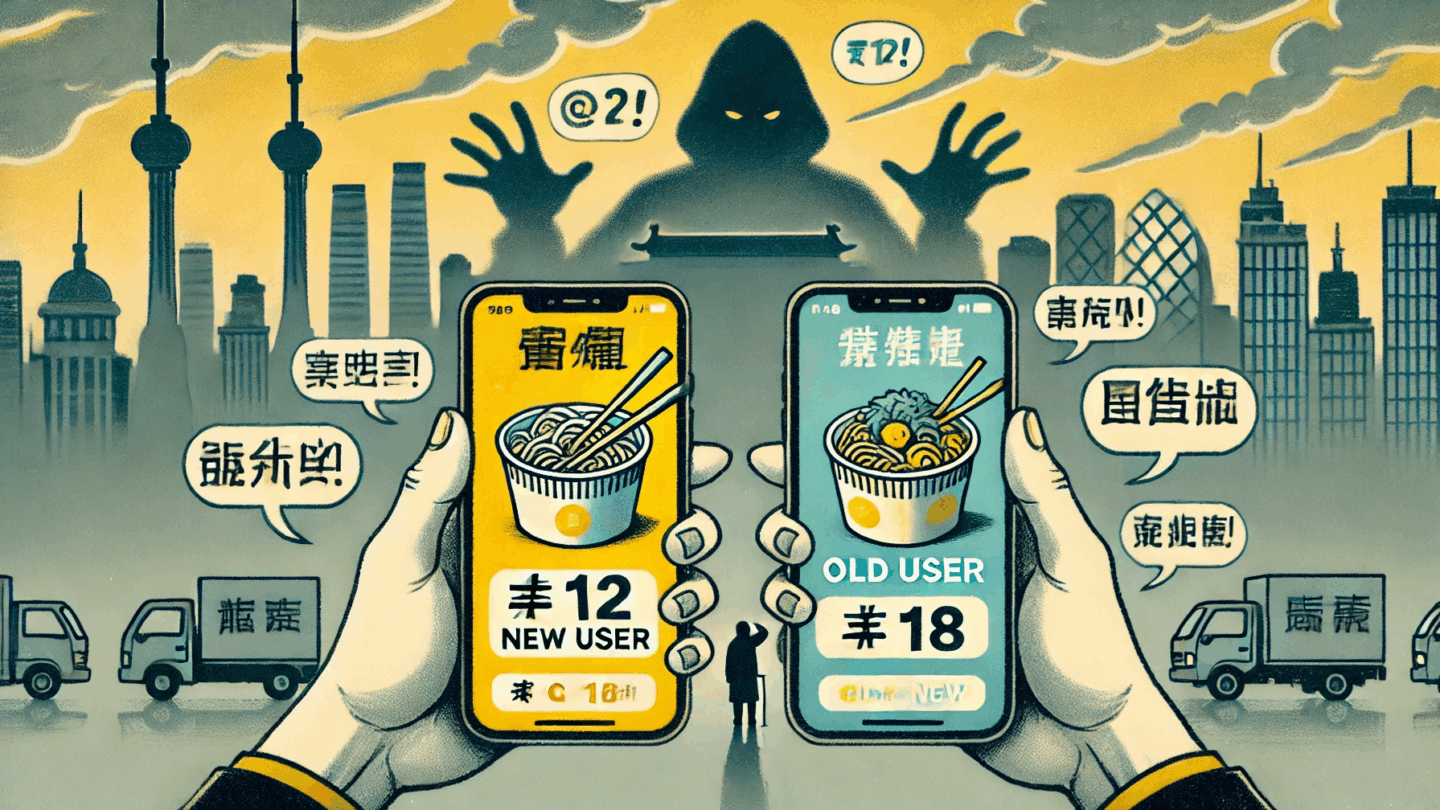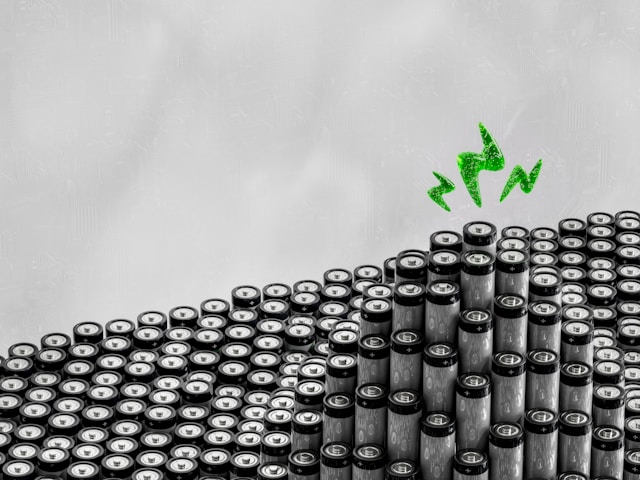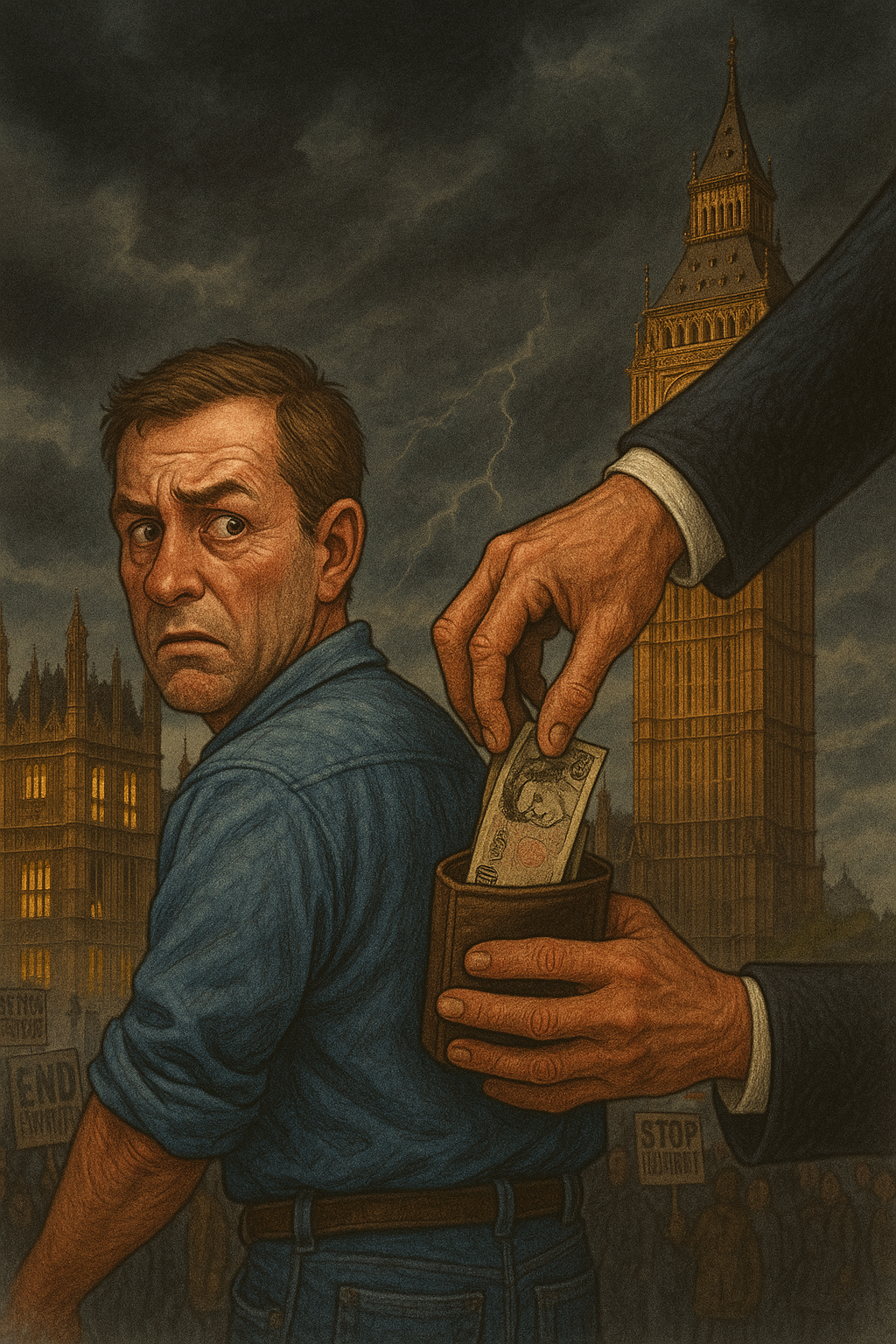In 2023, the President of Nigeria scrapped decades-old fuel subsidies. Protests erupted. The price of petrol tripled overnight. Within months, the government subtly reintroduced the subsidy. This wasn’t an isolated retreat, it was a signal. Throughout Africa, the free market is losing ground. From Ghana reimposing price controls to Kenya hiking tariffs on essential goods, liberal economics is not in crisis in Africa, it is in retreat.
Spiralling inflation and a depreciating currency in Ghana have pushed the government to reintroduce price controls on fuel, transport, and essential food items, despite an IMF bailout worth $3 billion which explicitly discourages government intervention. This move came not from ideological conviction, but electoral panic. Faced with mounting street protests and a crumbling cost of living, the government opted to pacify voters rather than stay the course of liberal reform.
Kenya, meanwhile, has leaned towards hiking tariffs to protect local industries, such as agriculture and textiles. Under President Ruto, a vocal critic of Western financial dominance, the country raised import duties on staple foods like maize and wheat. This directly contradicts the spirit of the African Continental Free Trade Area (AfCFTA) it claims to champion. The justification? Economic sovereignty and national food security.
The real reason is political expediency and protectionist pressure. Once touted as the path to growth and modernity, liberalisation is now increasingly associated with foreign diktats, rising inequality and political risk. This trend is neither isolated nor accidental. Moreover, it applies not just to Africa, but also to the West. Not so long ago, headlines hailed Africa as the next frontier for free markets.
Today, the story is very different.
Nigeria’s fuel subsidy rollback was supposed to be a fiscal reform triumph. Instead, it sparked a cost-of-living crisis. Food and transport prices soared. Within weeks, inflation rose to 27%, Nigeria’s highest in the last two decades. Only then did the government backpedal. Ghana’s IMF-backed austerity programme has slashed public spending and raised taxes, but public resentment is boiling. In South Africa, the government continues to bail out collapsing state-owned enterprises like Eskom, despite ballooning debt and rolling blackouts. These are not relics of the 1970s socialist wave. These are live policy choices by governments under pressure in the 2020s, which reflect the growing disillusionment with classical liberal prescriptions.
There are three main factors driving this shift. First, the ghost of structural adjustment still haunts the continent. For many African voters, liberalism does not translate to prosperity. It is linked to austerity, privatisation, and IMF officials nagging elected governments to meet harsh fiscal targets with little regard for political reality. Unelected technocrats from Washington tell elected African governments how to “tighten belts” they cannot afford.
Second, the post-COVID era has vindicated the state. Around the world, governments stepped in to protect economies, ramp up healthcare, and stabilise supply chains. African countries were no different. State spending in some African countries reached record highs in 2020-21. In Kenya, public debt jumped from 50% to nearly 70% of GDP from 2019 to 2025. Voters now expect their governments to be providers, not just governors.
Third, and most importantly, China has extended its political influence in the region with its Belt and Road Initiative. It offers capital loans for infrastructure projects to African and Asian countries on the brink of crisis, without demanding liberal reforms. No conditions on subsidies or tariffs. Between 2007 and 2020, China lent over $153 billion to African governments. However, there is only a marginal focus on human rights and democratic values in implementing these infrastructure projects. In response to over a dozen African governments defaulting on repayment, the Chinese have seized their assets and exercised political control through ownership of public infrastructure. The Western model has always stressed on trade and investment as a tool for protecting human rights. The Chinese model uses investment to build a Sinosphere and counter Western influence.
Africa’s new economic policy is not neoliberal. It is nationalist, state-led, and multipolar. The political centre of gravity may not be Washington for long. Britain, and the broader liberal democratic world, should be worried. Not out of paternalism, but out of principle and interest.
Africa is home to the world’s youngest population and has the fastest urbanisation rates. If this potential is cultivated by an autocratic state, financed by opaque deals and governed by subsidies, the liberal economic order faces an existential test. Africa’s tilt away from open markets is also a geopolitical loss. As the EU squabbles over tariffs and the US retreats into industrial policy, Africa is steadily drifting towards regimes with no interest in open economies or accountable governance.
Britain, in particular, has a legacy and a stake in the continent. John Bull cannot compete with China by mimicking its chequebook diplomacy. If he must stay relevant in African foreign policy, he must recommit to a model of principled liberalism: trade over aid, investment over paternalism, and reform through partnership instead of prescription.
This is not a call for moral panic. It is a call for strategic realism. Africa is not rejecting the ideals of liberalism because they do not work. It is rejecting the version it was sold- rigid, imported, and often imposed. Consider Rwanda, which continues to embrace market reforms and digital openness. It is a strong advocate for trade liberalisation and regional cooperation, as part of the East African Community (EAC), the Common Market for Eastern and Southern Africa (COMESA), and the AfCFTA. These examples are increasingly becoming exceptions rather than the norm.
If the West wants to reassert its influence, it must shape a version of liberalism conducive to contemporary African societies: liberalism with local ownership and developmental pragmatism. This translates to enabling more policy space within trade and investment agreements and supporting African initiatives with capital, not just rhetoric. If Africa’s future is decided by Chinese credit, it will not be the only loser. Instead, it will be a sign of things to come for the rest of the free world.















